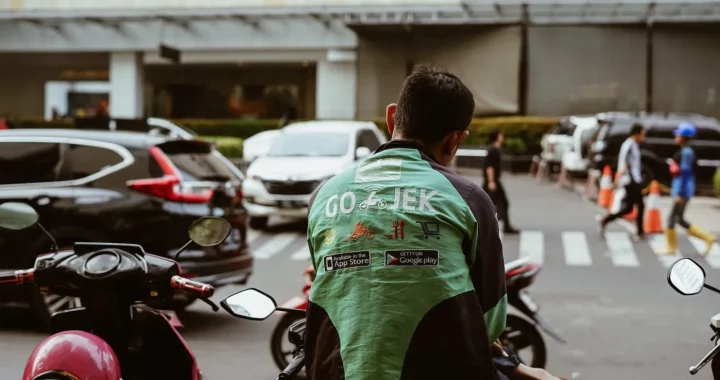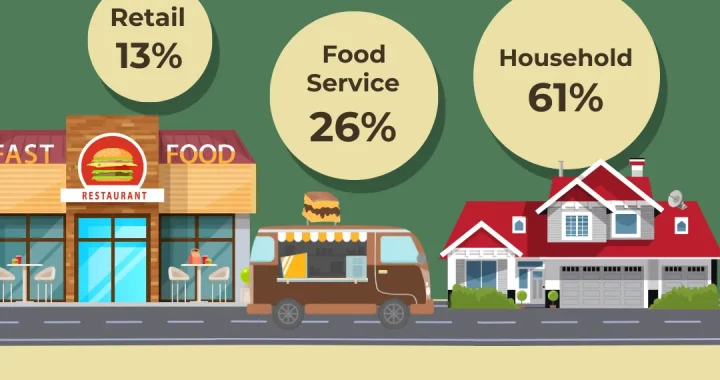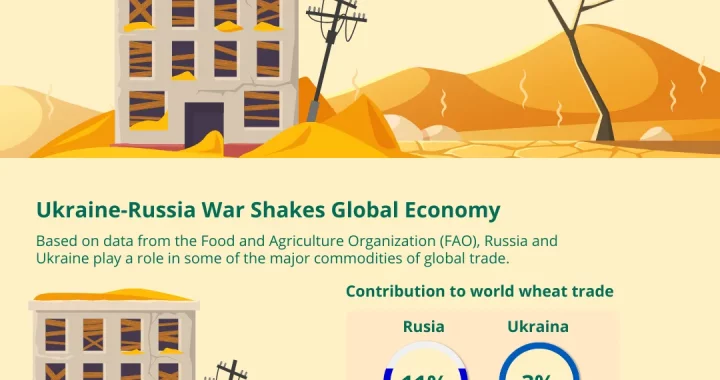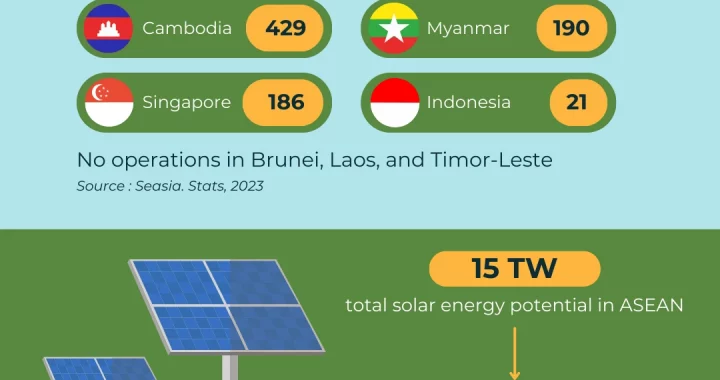Improving Disability Inclusion at Work Amidst Evolving Landscape

Photo: Freepik.
Everyone has the right to determine and make choices in their lives, including people with disability. Disability acceptance means supporting people with disability with the right resources and environment to work and make a living. As the job landscape evolves, what are some crucial aspects of creating disability inclusion at work?
The Right to Work for People with Disability
Work empowers people. It enables people to use their skills to make a living, thus allowing them to navigate their lives. The right to work for people with disability is emphasized in Article 27 of the United Nations Convention on the Rights of Persons with Disabilities. It recognizes “the right to the opportunity to gain a living by work freely chosen or accepted in a labor market and work environment that is open, inclusive and accessible to persons with disabilities.”
Unfortunately, fulfilling the right to work for people with disability remains a challenge. In a report on disability inclusion in business, the International Labour Organization mentioned that people with disability are two times less likely to be employed on average than people without disability. There are accessibility barriers in the environment, transport, products, and services that hinder their ability to work. Furthermore, the lack of inclusive benefits, resources, and support poses further challenges to their welfare and well-being.
Trends & Challenges
The job landscape is evolving. In another report, the ILO stated that technological and skills development, cultural change, demographic shift, and climate change are factors that will affect the future of work for people with disability. Therefore, employers must consider these aspects in their efforts to improve disability inclusion at work.
Technological revolution, skills development, and climate change are closely related. When designed inclusively, technology can assist people with disability with accessible features such as keyboard navigation, speech-to-text, and enhanced readability, allowing better access and opportunities at work.
However, at the same time, technological development will require people with disability to acquire additional skills to keep up and avoid the risk of losing jobs. Furthermore, companies have begun to shift their operations toward sustainability in light of climate change. This will generate new jobs and demand new skills as well. Creating disability inclusion at work also means providing adequate resources and support for people with disability to continuously develop their skills and abilities to thrive at work.
Towards Disability Inclusion at Work
Sustainable Development Goals aim to create an equitable future where no one is left behind. Integrating disability inclusion at work becomes a crucial aspect of achieving the vision. The ILO provides a roadmap to further integrate disability inclusion at work:
- Integrating disability inclusion in new forms of employment and employment relations
- Making skills development and lifelong learning inclusive for people with disabilities.
- Embedding Universal Design in the development of all new infrastructure, products, and services.
- Making existing and newly developed assistive technologies affordable and available for people with disabilities.
- Including people with disabilities in growing and developing areas of the economy.
As disability inclusion at work encompasses many aspects, navigating this route requires participation from all stakeholders. Employers, policymakers, trade unions, organizations, and other key actors must work together to create workplaces where people with disability can thrive.
Editor: Nazalea Kusuma
Thank you for reading!
If you find this content useful, join GNA-International Annual Individual Membership and gain unlimited online access to all news and stories, including Exclusive Content that showcases sustainable development and sustainability cross-sectoral insights from multi-stakeholders in governments, businesses, and civil society in the Asia Pacific and beyond.

Kresentia Madina
Madina is a Reporter at Green Network Asia. She graduated from Universitas Indonesia with a bachelor's degree in English Literature. She has three years of professional experience in editorial and creative content creation, editing, and research.


 Mainstreaming Impact Investing for Sustainable Development
Mainstreaming Impact Investing for Sustainable Development  Social Protection for Indonesia’s Gig Economy Workers
Social Protection for Indonesia’s Gig Economy Workers  Food Waste in Southeast Asia
Food Waste in Southeast Asia  Seeing the World in the Frame of a Food Crisis
Seeing the World in the Frame of a Food Crisis  A Tale of Two Futures
A Tale of Two Futures  ASEAN’s Potential and Commitment in Energy Transition
ASEAN’s Potential and Commitment in Energy Transition